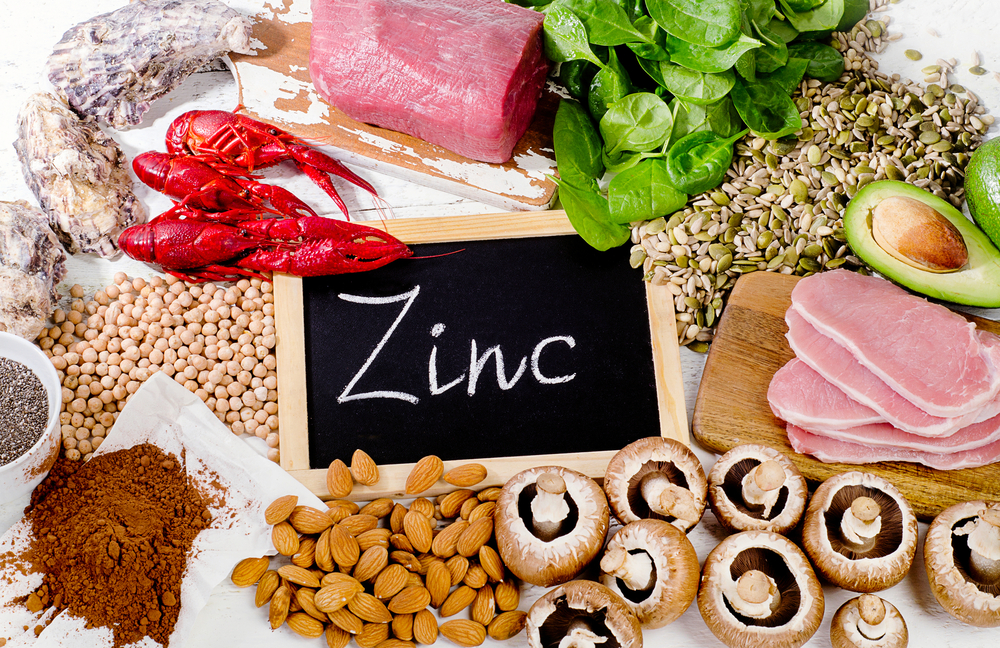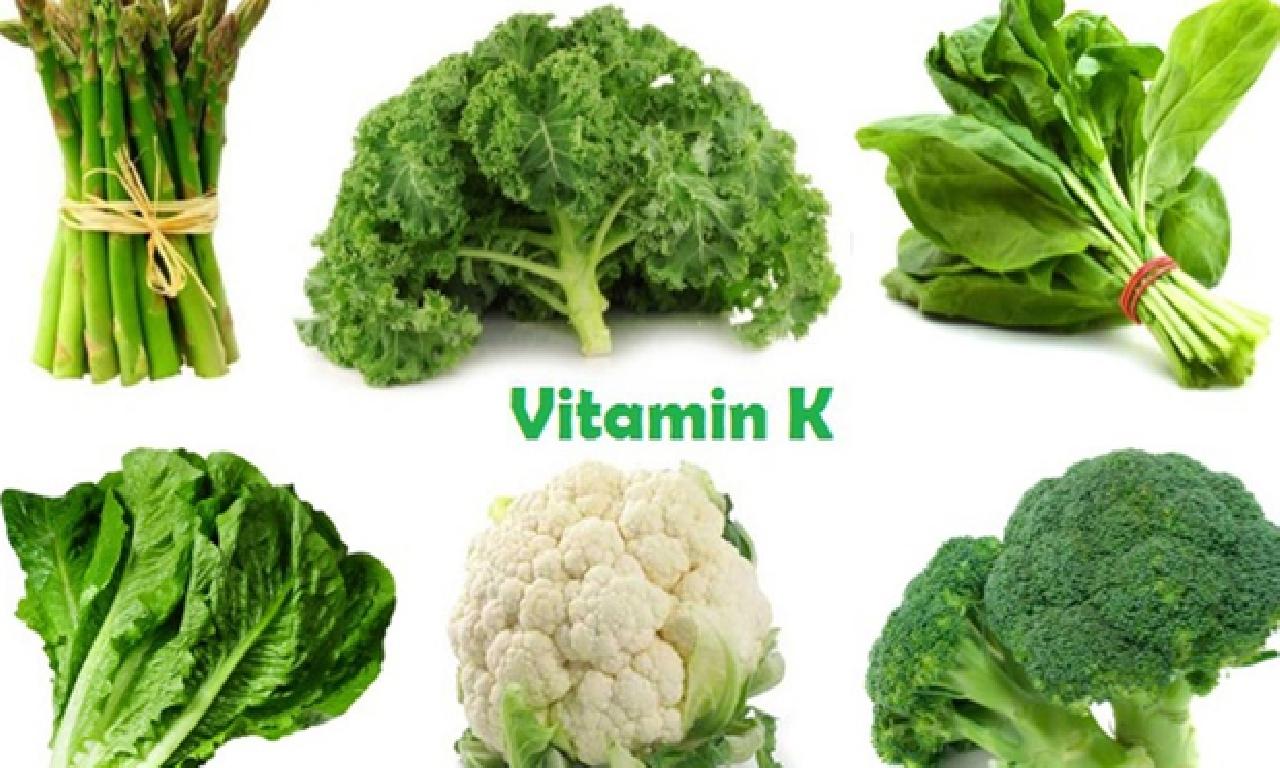Introduction
Zinc is an essential mineral that plays a pivotal role in maintaining overall health and well-being. It is involved in numerous bodily functions and is required for the proper functioning of over 300 enzymes. In this comprehensive guide, we will delve into the multifaceted benefits of zinc, exploring its importance for various aspects of human health.
Introduction to Zinc
Zinc is a trace mineral that the human body cannot produce on its own, making it imperative to obtain it through dietary sources or supplements. It is a vital component of many physiological processes, including immune function, DNA synthesis, and wound healing.
Immune System Support
One of the most well-known benefits of zinc is its role in supporting the immune system. Zinc is essential for the development and function of immune cells, helping the body defend itself against infections. Research has shown that adequate zinc intake can reduce the duration and severity of common colds and other respiratory illnesses.
Wound Healing and Tissue Repair
Zinc is crucial for wound healing and tissue repair. It promotes the formation of collagen, a structural protein necessary for the skin, muscles, and connective tissues. This chapter explores how zinc accelerates the healing process and its potential applications in dermatology.
Antioxidant Properties
Zinc acts as an antioxidant, helping to combat oxidative stress and reduce the damage caused by free radicals. It assists in protecting cells and DNA from harm, potentially reducing the risk of chronic diseases such as cancer and cardiovascular conditions.
Cognitive Function
Zinc plays a role in supporting cognitive function and may have implications in preventing neurodegenerative diseases like Alzheimer’s. It contributes to neurotransmitter function and overall brain health.
Reproductive Health
Zinc is critical for reproductive health in both men and women. It is necessary for the production of healthy sperm in men and is involved in the menstrual cycle and hormone regulation in women. This chapter explores the importance of zinc in fertility and pregnancy.
Skin Health
The benefits of zinc extend to skin health, with applications in managing various dermatological conditions. Zinc’s anti-inflammatory and wound-healing properties make it effective in treating acne, eczema, and psoriasis.
Gastrointestinal Health
Zinc supports gastrointestinal health and aids in the proper functioning of the digestive system. It is often used to alleviate symptoms of diarrhea and other gastrointestinal disorders.
Regulation of Blood Sugar
Zinc is involved in the regulation of blood sugar levels, making it crucial for individuals with diabetes. This chapter explores how zinc influences insulin function and its potential in diabetes management.
Bone Health
Zinc plays a part in maintaining healthy bones and may be linked to the prevention of osteoporosis. This chapter delves into the relationship between zinc, bone density, and overall skeletal health.
Zinc Deficiency and Supplementation
A deficiency in zinc can lead to a range of health issues. This chapter discusses the causes and symptoms of zinc deficiency and the recommended dietary allowances. It also provides insights into safe zinc supplementation practices.
Food Sources of Zinc
Obtaining zinc through a balanced diet is essential for overall health. This chapter identifies foods rich in zinc, including meat, seafood, nuts, and seeds, and discusses dietary strategies for ensuring an adequate intake.
Precautions and Interactions
While zinc offers numerous benefits, excessive intake can lead to adverse effects. This chapter explores potential side effects and interactions with other minerals and medications, offering guidance on safe zinc supplementation.
Conclusion
In conclusion, zinc is a versatile mineral with a wide array of health benefits. From immune system support to cognitive function, wound healing, and beyond, zinc is integral to many aspects of human health. Understanding its importance and incorporating it into a well-balanced diet or supplementation regimen can contribute to improved overall well-being.
- Ahoy, Relief Seekers! A Swashbuckling Review of Glowbar London’s CBD Topicals Treasure Trove - April 2, 2024
- THCV Benefits: What is THCV and How Does it Work? - November 4, 2023
- Benefits of Zinc - November 4, 2023




